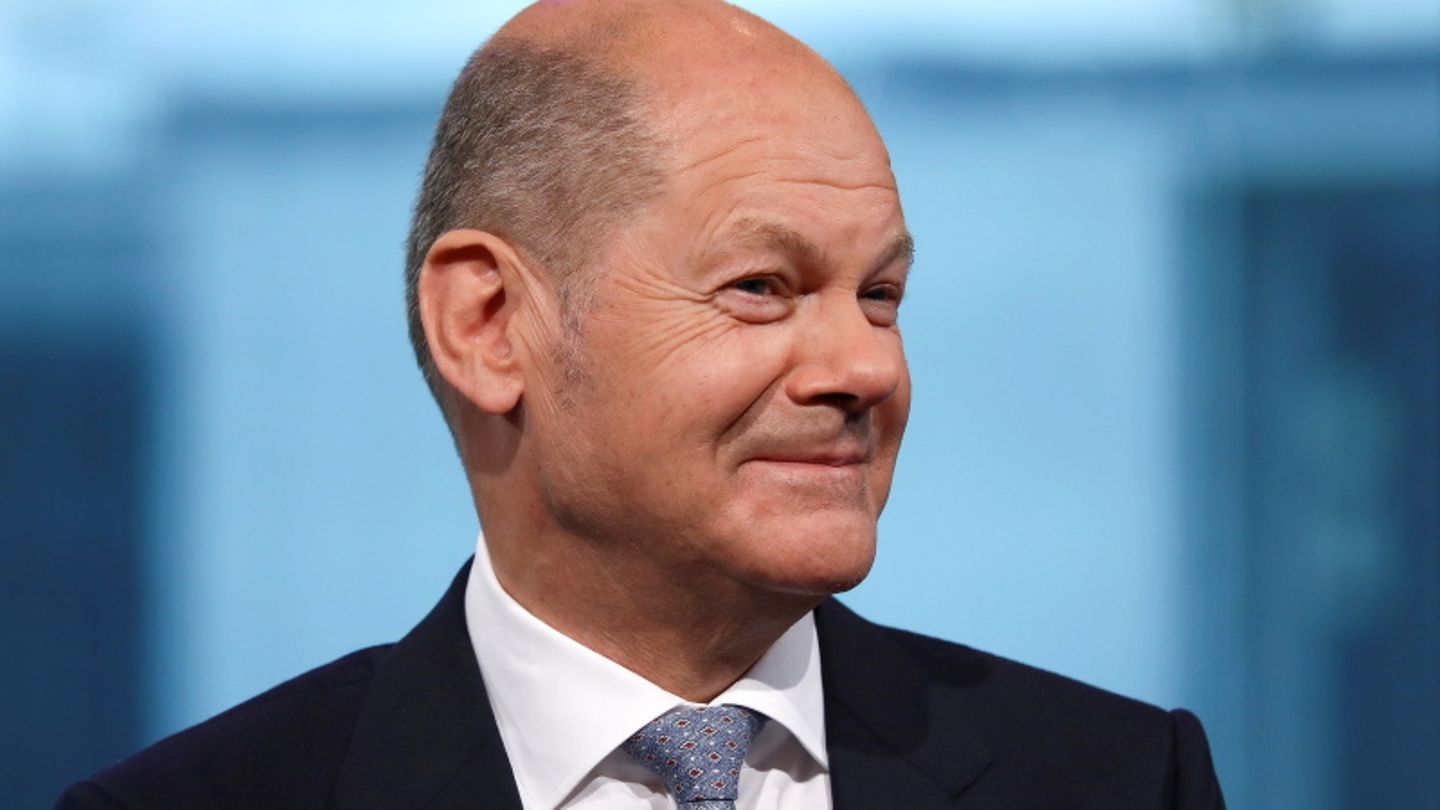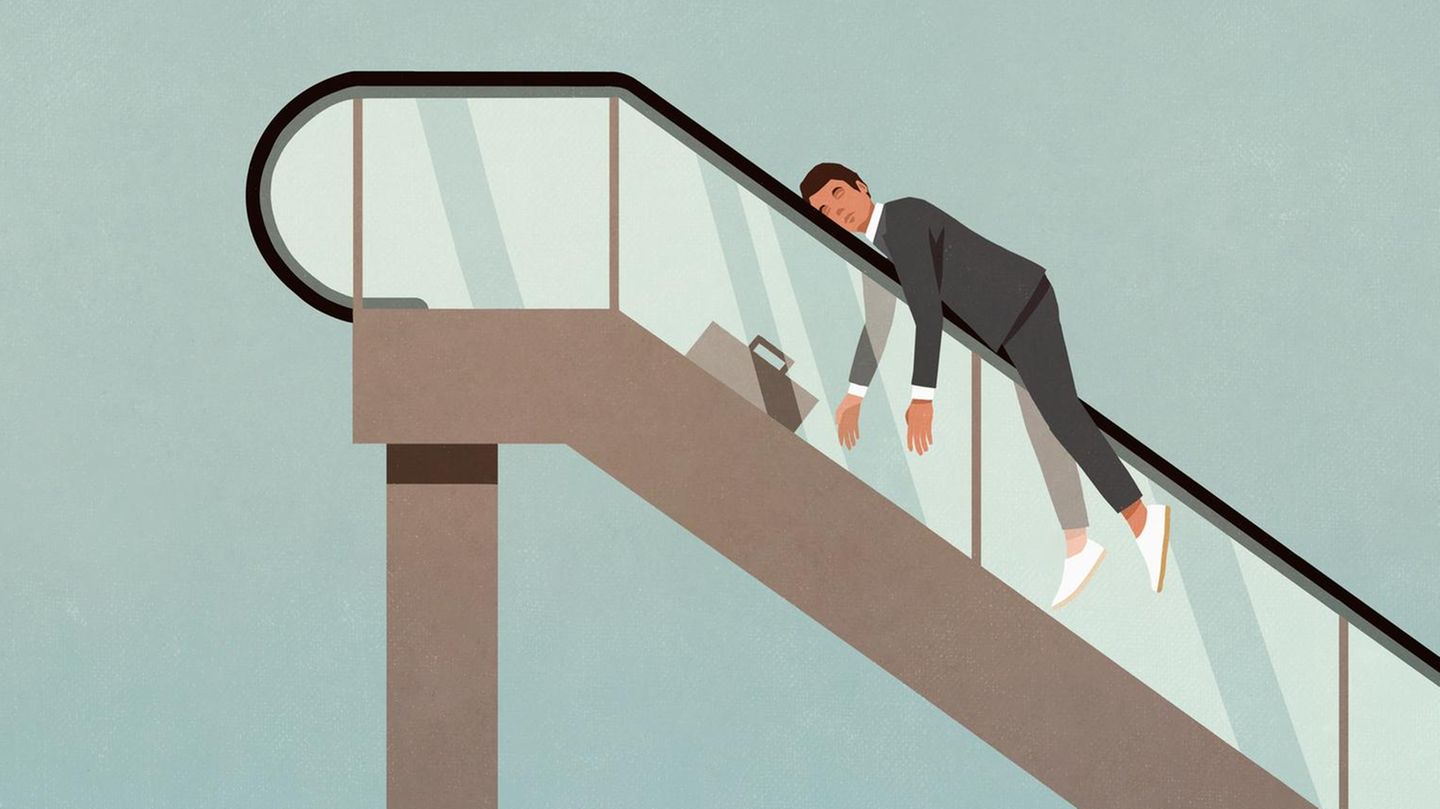Many see the fight for the Chancellery as a duel between the Union and the Greens. For a long time, the SPD seemed beaten. But her candidate for Chancellor is convinced: the tide is starting to turn.
SPD Chancellor candidate Olaf Scholz senses morning air for the SPD in the Bundestag elections in September in view of current surveys. “At the moment the political mood is slowly moving in our direction, that’s what I’m counting on,” said the Vice Chancellor of the German Press Agency.
Most recently, the Greens and Social Democrats had come closer to each other in several polls on the federal election. Nevertheless, the SPD remained just behind the Greens and clearly behind the Union.
Scholz is catching up with direct elections
Scholz’s optimism is supported by a survey by the opinion research institute Insa on behalf of “Bild am Sonntag”. Accordingly, the citizens rate his appearance in the flood disaster much more positively than that of Union Chancellor candidate Armin Laschet and that of the Green Chancellor candidate Annalena Baerbock. The outgoing Chancellor Angela Merkel (CDU) did the best.
If the Chancellor were to be directly elected, according to the Insa survey, Scholz would be ahead. He received 21 percent, three points more than in the previous week. Laschet would get 15 percent (minus five points), Baerbock 14 percent. 38 percent would not vote for any of the three candidates. However, the Chancellor is not directly elected in Germany; citizens vote on parties in the Bundestag election.
Surveys are generally fraught with uncertainty. In principle, they only reflect the opinion at the time of the survey and are not predictions of the outcome of the election.
Scholz: “Gigantic task, a second industrial revolution”
The times in which a party received 40 percent and more, as was customary in the past, are over for now, said Scholz. “Everything indicates that the next government will consist of three partners.” The Vice Chancellor emphasized: “The citizens have a choice that is much more far-reaching than last was the case.”
According to Scholz, a CDU-led government would cost Germany prosperity and jobs. “Anyone who has no plan, wants to muddle through and refuse the industrial renewal of Germany is putting hundreds of thousands of jobs at risk,” said the SPD politician. If Germany wants to remain a successful industrialized country, electricity generation from renewable energies must be massively expanded. However, Laschet, as Prime Minister of North Rhine-Westphalia, “hindered this expansion with absurd distance rules”.
Germany is facing “a gigantic task, a second industrial revolution,” said Scholz. If it succeeds in operating in a climate-neutral manner and in preserving industry and jobs, Germany could be a role model for other nations to dare to switch to.
David William is a talented author who has made a name for himself in the world of writing. He is a professional author who writes on a wide range of topics, from general interest to opinion news. David is currently working as a writer at 24 hours worlds where he brings his unique perspective and in-depth research to his articles, making them both informative and engaging.




